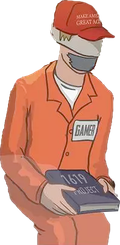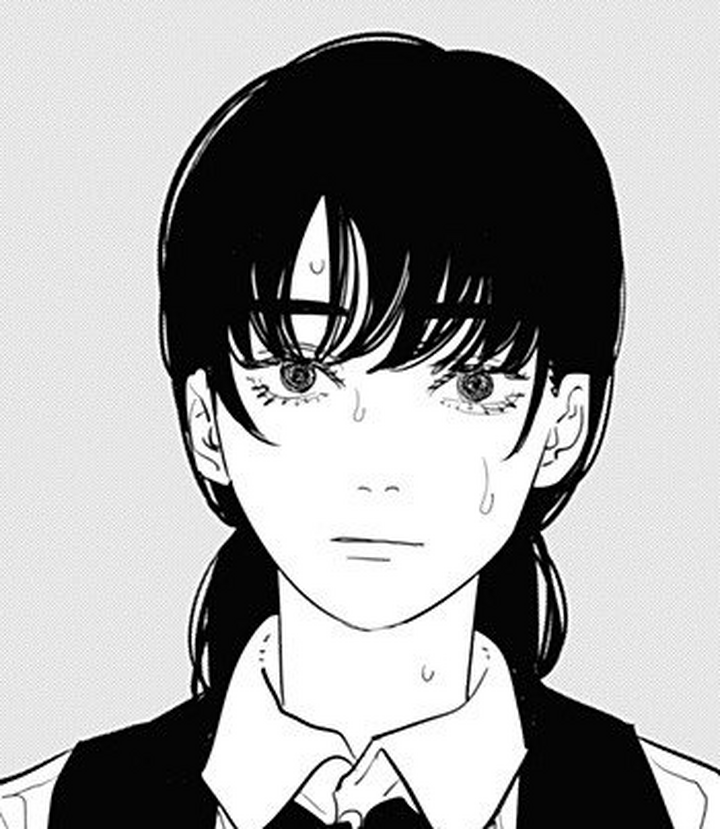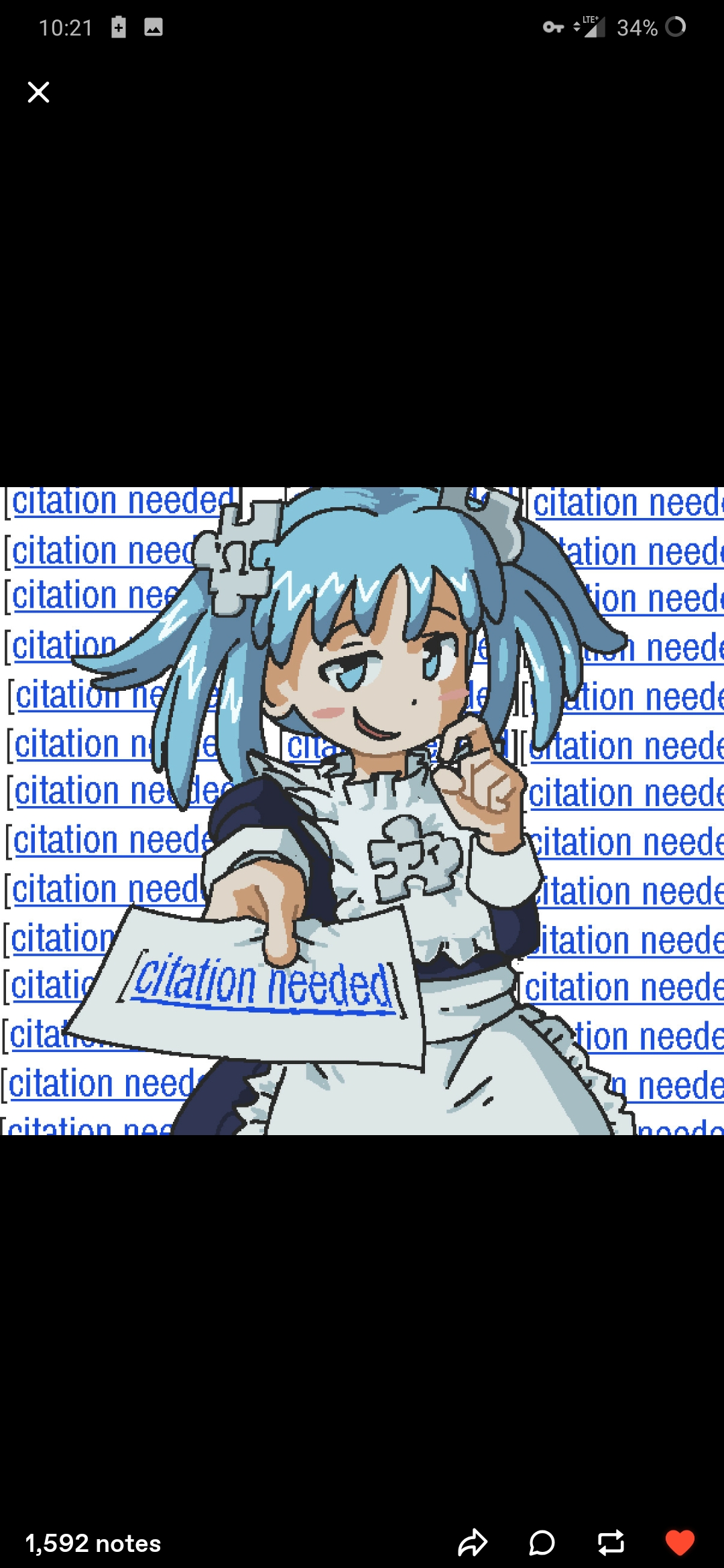I’m sure it’s a great dunk but respectfully, I ain’t reading allat
The US has nine unelected judges that decide what does and what doesn’t follow “the Great Leader’s instructions” and then people go to jail based on those decisions
Don’t you dare besmirch the sanctity of that great institution! That’s just what the bad people want!
:gulag:
Double

Asking for a primary source that isn’t an official propaganda instrument of the Great Satan is Nazism, sorry, I don’t make the rules.
Nice to finally see myself dunking on liberalism in a screenshot here. thanks for the upbears
That very last comment. Does this fucker think the DPRK and Cuba just don’t want to trade?
Anyway, as far as I know, this is accurate (there is a comedically false version pushed by an RoK thinktank), but also much less interesting than they make it out to be.
Edit: I sure wish dprk sources were easier to find instead of an endless stream of Korea Watcher pablum
Well, at least they agreed that isolating Korea, Cuba etc might be why they have such policies. @SpookyGenderCommunist@hexbear.net that was a really well written comment.
It does raise a good point. Why are DPRK and Cuba so different? Liberals hate both, of course, but socialists generally like Cuba openly, and only communists claim to support the DPRK. I’m just thinking out loud here, but Cuba tends to have better social policies, or at least ones we can easily see (its closer and in a language that is much more accessible than Korean for most Americans). So, I guess proximity might play a big role, along with racism and anti-Asian sentiment making it much easier to “otherize” Koreans.
Also, their new leader is not a Castro, so that represents a significant step in moving away from a “dynasty.” Why did dynasty, which developed in both, remain so strong in one and not the other? I guess partly because DPRK has always been under threat of a military invasion (also why they developed nukes) whereas US policy to Cuba has been more economic, especially in the past few decades. I wonder why…
@SpookyGenderCommunist@hexbear.net that was a really well written comment.
Thank you very much!
If I can chime in on your question, I think it has a lot to do with orientalism, like you said. But I think there’s a language barrier component as well, people in the US can speak Spanish more readily than Korean.
And I think it’s a matter of Korea having been so violently ripped in half, while Cuba isn’t. Similarly, the part of Korea that makes up the DPRK is all mountainous and rich in mineral resources, but lacks a lot of abundant farmland, meanwhile Cuba has farmland in spades.
I once wrote a paper about this for a class comparing the political economies of Cuba and Venezuela, but I still think it works if you slot in the DPRK. A country with resources that largely come from the ground is going to develop a more centralized bureaucracy around those resources, since imperial powers will want access to them. You can’t easily diversify your economy, so you have to defend and make use of what you have.
A mainly agricultural exporter, as Cuba historically was, can diversify easily, because you can just plant different things in the ground. Similarily, while the US might be pissed that it lost its sugar colony, and reprimand Cuba for stepping out of line, it can get sugar elsewhere. It can imperialize a different nation rich in agricultural land.
So Cuba is more free to diversify its economy, and be more self sustaining, because it can grow food for its people, and not have to centralize power quite as severely, as a result. The Special Period, for instance is full of examples of innovative, decentralized, urban agriculture and permacultural experiments.
The Arduous March, meanwhile, was a time of general food scarcity, and rationing. The DPRK is forced to make due with minimal agricultural land, and heavy sanctions mean it can’t take proper advantage of its unique mineral resources. The few that its able to make use of need to be more vociferously defended, in the face of imperialism.
The language barrier is surely a major factor. Spanish is a much more widely-spoken language in the US compared to Korean, and the DPRK’s one longtime ally, the PRC, of course speaks Chinese, so they are much easier to slander than one Spanish speaking nation among many that it maintains good relationships with.
Also, not to fully repeat our comrade, the ongoing existence of the RoK, which has cause to endlessly vilify specifically the DPRK, is observably connected to western propaganda about it.
hey, i made a screen shot!!
Idk, that just seems like a person genuinely trying to find answers but they have been marinated in constant propaganda starting the minute they were born. Calling them stupid seems counterproductive.
lol no they are anything but genuine. They have terminal bas faith Reddit debatebro brain.
They’re currently trying to harass me in DMs, lol.
It’s why I attempted to answer in good faith, and give an actual explanation. They came back later and ultimately agreed with my assessment. Dunking on libs has its place, but it ought to be once they’ve shown themselves to be bad faith actors and not just someone working through a lifetime of propaganda.
Wholeheartedly agree and congrats also on what I think was a well-put answer.
Yeah. Call them a buganoid.
At the risk of being owned, what’s a buganoid?
Anyone who has ever slightly wronged me.









